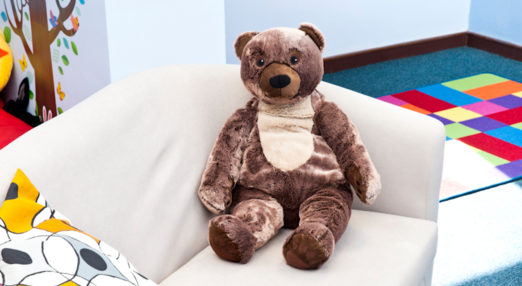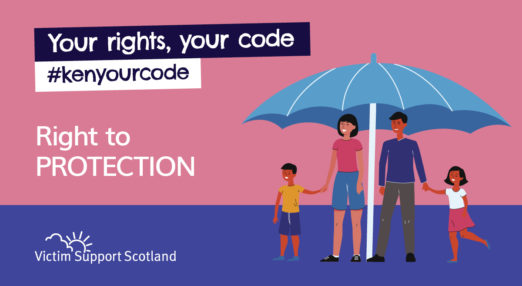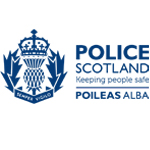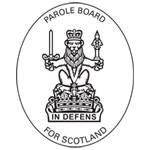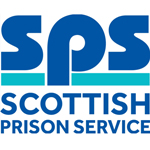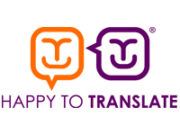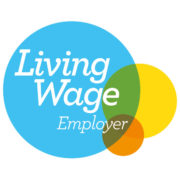Children’s support needs and experiences of crime require different approaches
On International Day for Protection of Children (1 June), Tirion Seymour, Service User Engagement Officer reflected on how VSS is supporting young people to cope with the impact and effects of crime and how the organisation is working in partnership for a brighter future for children interacting with the criminal justice system.
The International Day for Protection of Children celebrates children and raises awareness of their rights in all areas of life. Third sector organisations across Europe have a key role in championing the rights of young people who are affected by crime and making sure they have access to vital, age-appropriate support.
At Victim Support Scotland, we support victims and witnesses aged sixteen and older across all our services. We help young people aged twelve and older through our community-based services, while our court-based services support people of any age who are cited to give evidence in court, which can often include very young children. Victim Support Scotland also provides support to parents and guardians of children who are victims and witnesses of crime.

It is important to remember that children’s support needs and experiences of crime are often very different to that of adults. Organisations must provide support in a way that children understand and with which they feel comfortable. Many of the traditional models of third sector support, such as office-based appointments or telephone calls, may be less preferred by children than more informal approaches or digital-based methods. The wider criminal justice system, with its unfamiliar buildings, new terminology, and authority figures, can be an intimidating environment for children and adults alike.
Situations like the COVID-19 pandemic bring other potential challenges. Children and young people unable to physically attend school or nursery due to pandemic lockdown measures might no longer have the safety net provided by these settings or might be experiencing an unsafe home environment.
For Victim Support Scotland, working in partnership is core to championing the rights of children and young people who are victims and witnesses of crime. For example, we have been working closely with Scottish courts system agencies in the development of new evidence and hearings suites for child and vulnerable adult witnesses. These suites transform the way that evidence is given for criminal trials by providing remote facilities to pre-record evidence or to give evidence by live link to a courtroom. This allows children to give evidence in a less formal setting and ensures they don’t come into contact with the accused, where relevant. Access to support organisations is a fundamental part of these new facilities too, making sure that any child or adult who wishes to receive support can do so with ease.
Another crucial part of Victim Support Scotland’s joint-working is with third sector organisations that provide specialist support to children and young people. These organisations are key referral partners as well as collaborators in championing children’s rights within the criminal justice system. Models of support such as the Icelandic Barnahus (‘Child’s House’) approach provide an excellent basis for multi-agency working by putting the best interests, wellbeing and rights of the child at the centre of all activity. Earlier this year, the People’s Postcode Lottery funded a ground-breaking collaboration between Victim Support Scotland, Children 1st, Children England and the University of Edinburgh to build a bespoke ‘House of Healing’. Based around the principles of Barnahus, children will be able to receive medical care, get support and take part in decisions about their protection in one place, rather than having to visit different services.
The COVID-19 pandemic has made co-collaborations such as those outlined within this article even more timely. Through effectively working together, third sector organisations and partner agencies across criminal justice, health, education and beyond can ensure that the rights and support needs of children affected by crime always remain a priority.
This piece was originally published on the Victim Support Europe website and first appeared on 2 June 2020.
Latest news and blogs
-

Children (Care and Justice) (Scotland) Bill: Stage 3 Debate
At Wednesday’s debate on Stage 3 of the Children (Care and Justice) (Scotland) Bill, we’re asking members of the Criminal Justice Committee to consider the rights of victims who are harmed by 16 and 17-year-olds. Read our briefing to MSPs.
Read more
-
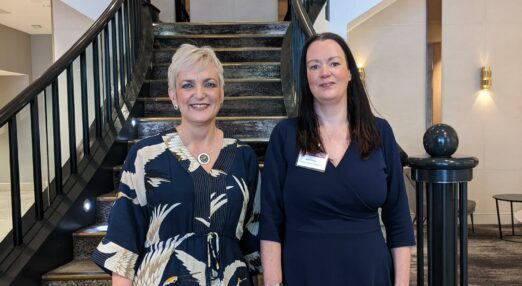
Remote evidence suites
Victim Support Scotland receives £500,000 funding from Scottish Government for specialist remote evidence suites
Read more
-
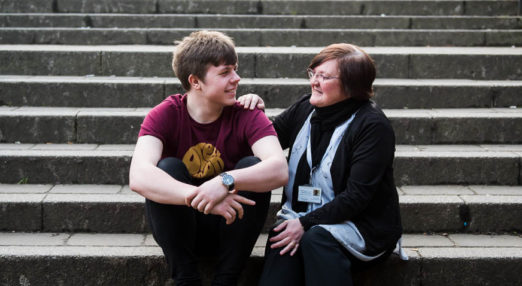
Victims, Witnesses, and Justice Reform Stage 1 debate
At today’s debate on Stage 1 of the Victim’s, Witnesses, and Justice Reform (Scotland) Bill, we’re asking members of the Criminal Justice Committee to keep victims’ views at the heart of their decision-making. Read our briefing to MSPs:
Read more
-

Victims’ charity seeks support to uphold victims’ rights
Victim Support Scotland, Scotland’s leading national charity for victims, is urging MSPs to consider victim support and information needs in the Children (Care and Justice) (Scotland) Bill as the debate of Stage 3 of the Bill approaches on 24 April.
Read more
-
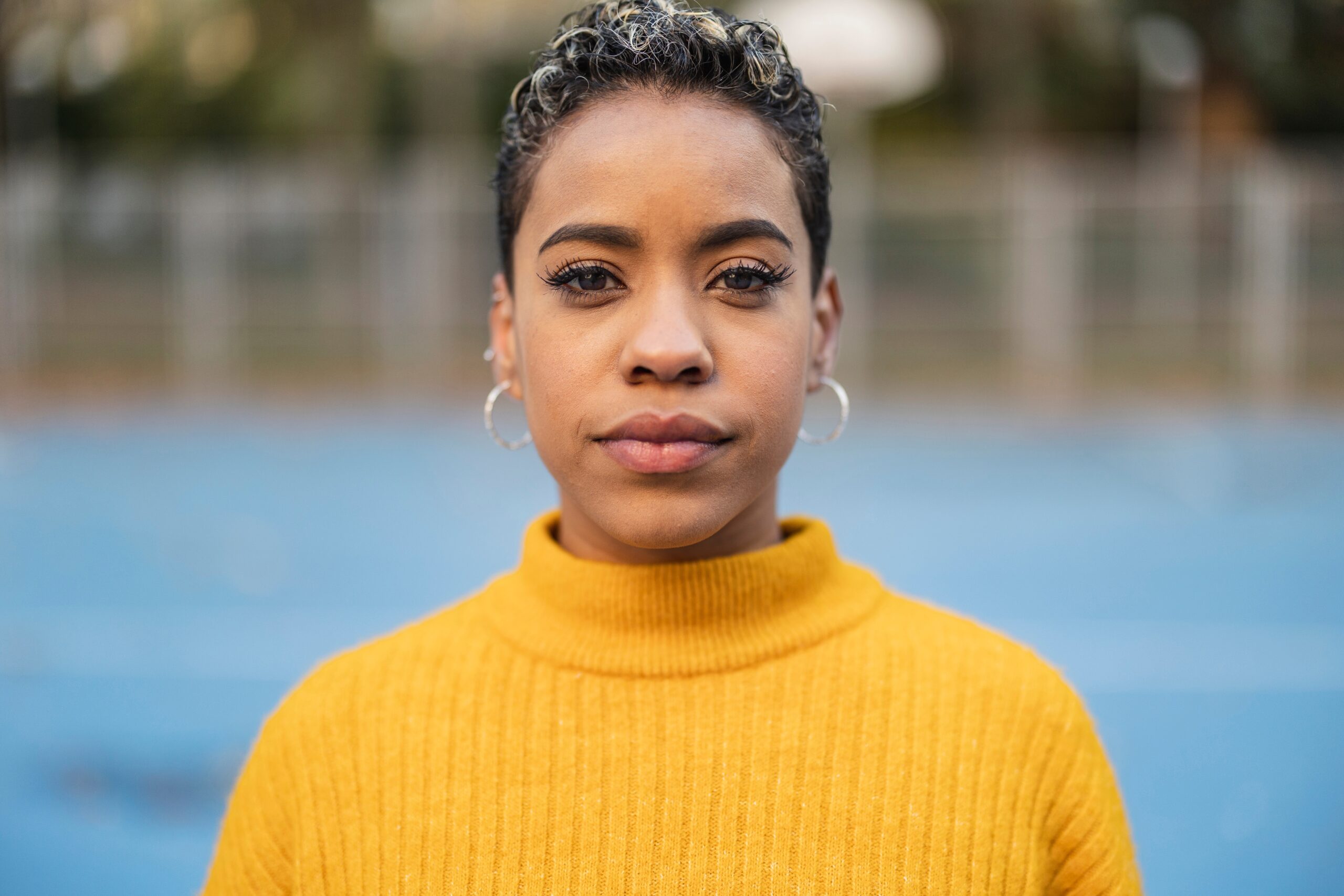
Join Victim Support Scotland as a charity Trustee
Are you an exceptional leader, ambitious for change to improve victims’ and witnesses’ experiences of the criminal justice system? Leading charity VSS is looking for high calibre and committed professionals to join our Board of Trustees.
Read more
-
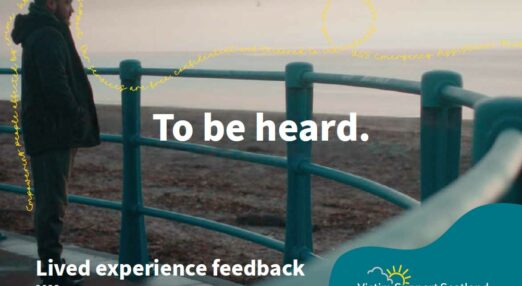
The importance of feedback
We always seek to hear from individuals affected by crime about their experiences with our services. This is crucial to ongoing learning and improvement within our work and in informing others about how our support can make a difference. We particularly encourage those who have experienced harm caused by children and young people under 18 to share their views.
Read more
-
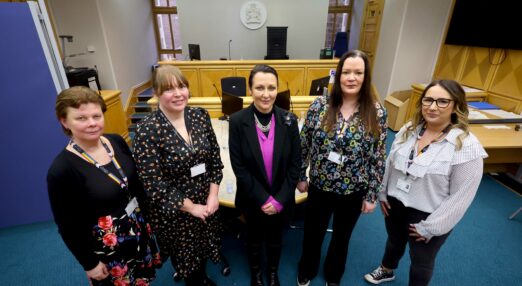
Minister goes to court to learn about services for victims and witnesses
As part of Victims’ Awareness Week, Minister for Victims and Community Safety Siobhian Brown visited Edinburgh Sheriff Court for a familiarisation visit.
Read more
-
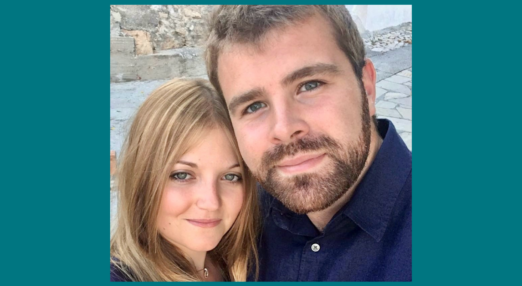
Bex’s story
Read more
-
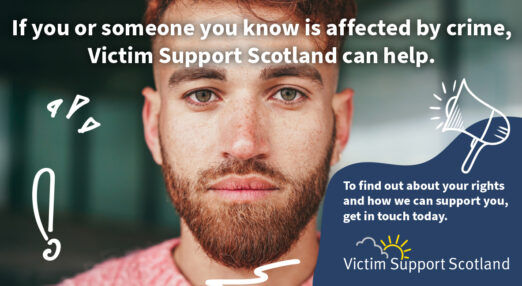
Campaign launches to support more victims of crime – press release
Read more
-
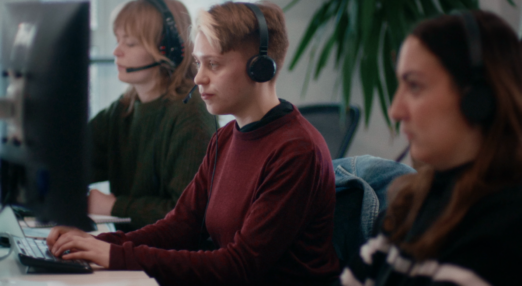
Student Volunteering Week – Priya’s story
Read more
-
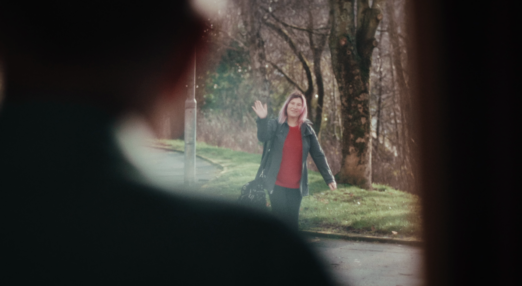
Student Volunteering Week – Anna’s story
Read more
-

Victim support organisations sign open letter calling for anonymity for children who die as a result of crime
Read more

